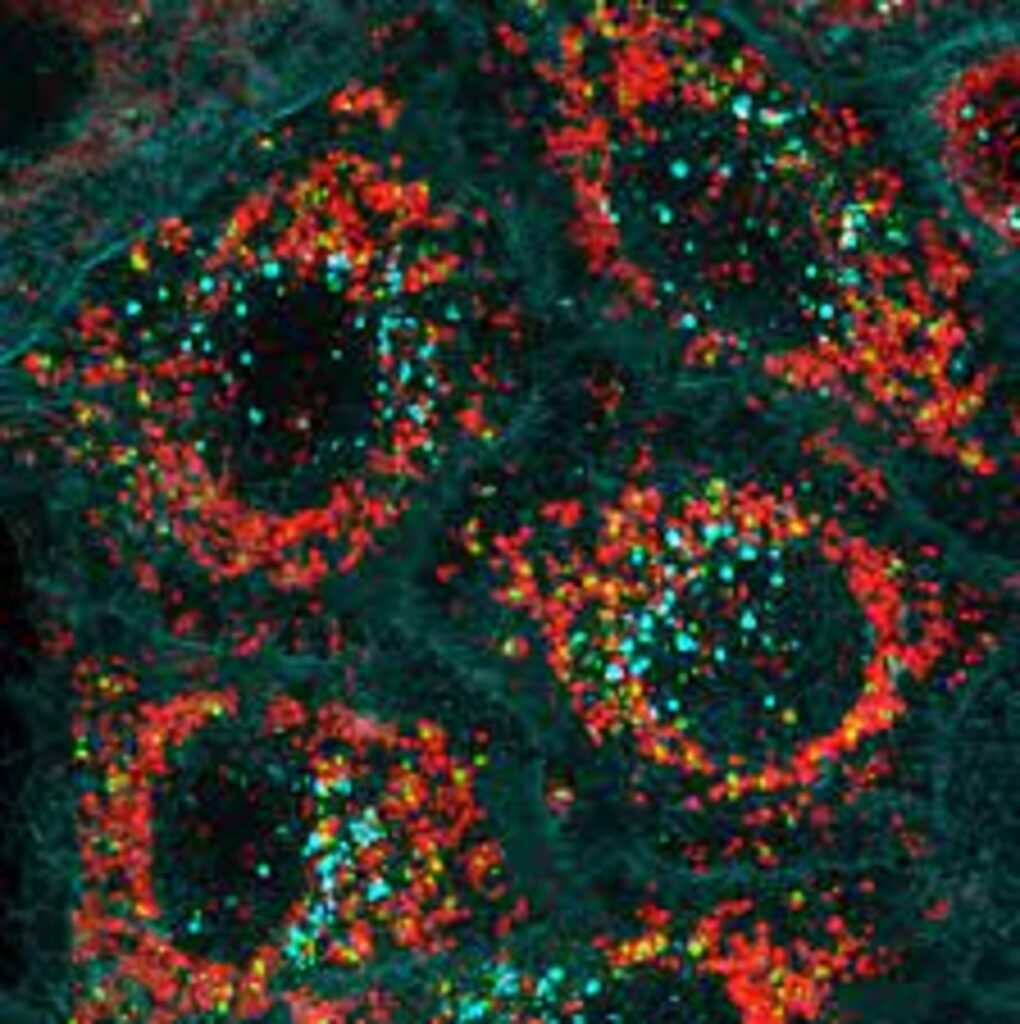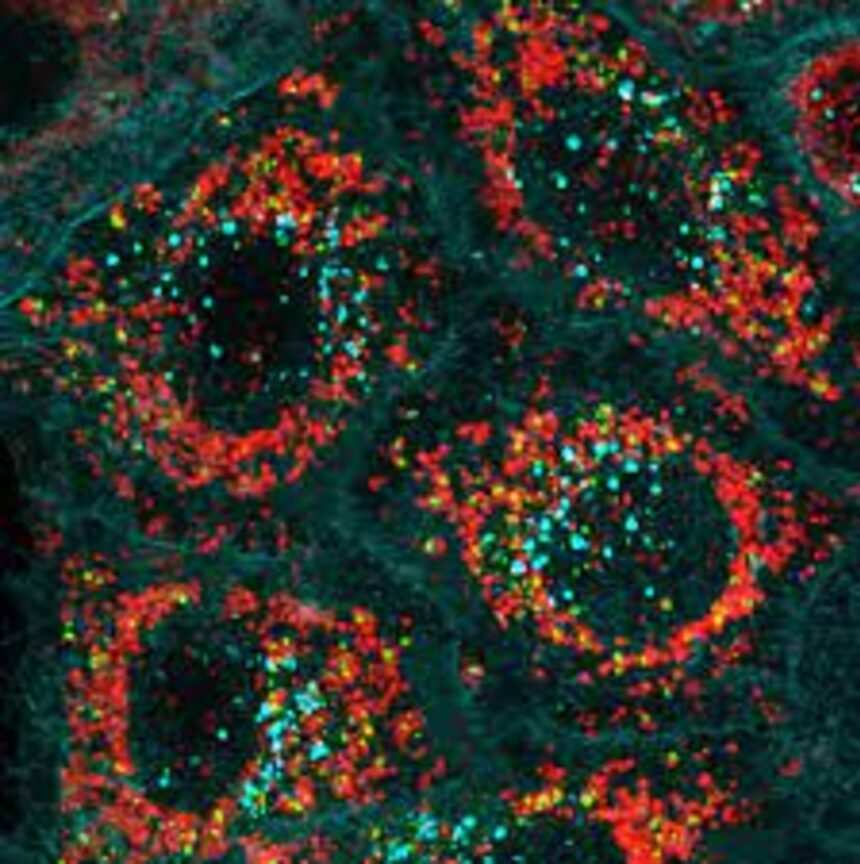Breakthrough Discovery Holds Promise for Treating Protein-Related Disorders
Introduction
In a landmark study, researchers from Harvard Medical School have uncovered a previously unknown mechanism that cells employ to degrade short-lived proteins, which play a crucial role in regulating gene expression for vital neural, immune, and developmental functions. This discovery not only sheds light on a longstanding molecular mystery but also opens up new possibilities for treating conditions resulting from protein imbalances within cells.

For decades, the intricate process of how cells break down and remove short-lived proteins remained elusive, confounding scientists. However, a collaborative effort across departments at Harvard Medical School has led to the identification of a pivotal protein named midnolin. This protein is found to play a central role in degrading numerous short-lived nuclear proteins by physically capturing them and directing them into the cellular waste-disposal system known as the proteasome, where they are dismantled.
The findings, recently published in the journal *Science*, have already garnered attention for their potential therapeutic applications. According to co-lead author Xin Gu, the mechanism’s simplicity and elegance hold immense promise for future research and medical interventions.
The identified short-lived proteins are linked to essential biological processes. This also include brain function, immune responses, and development. The newfound understanding of the degradation mechanism offers the prospect of targeted interventions to control protein levels and rectify any dysfunctions in these critical functions.
Traditional Understanding
The traditional understanding of protein degradation has revolved around the ubiquitin tagging process, signaling proteins for disposal by the proteasome. However, the new research reveals a ubiquitin-independent pathway that is responsible for the breakdown of proteins that lack these tags. This novel mechanism may pave the way for innovative therapeutic strategies to address disorders stemming from misregulated protein degradation.
“What struck me, in the beginning, is that these proteins are extremely unstable and they have a very short half-life — once they are produced, they carry out their function, and they are quickly degraded afterward,” noted co-lead author Christopher Nardone.
The research team’s investigations began with a focus on two well-known transcription factors, Fos and EGR1, and led them to the discovery of midnolin’s pivotal role in protein degradation. This protein’s “Catch domain,” identified through advanced structural analyses, plays a crucial role in capturing and transporting proteins to the proteasome for degradation. Notably, the team’s findings highlight the potential to manipulate this pathway to selectively target proteins of interest, offering a tantalizing prospect for developing precision therapies.
Implications of The discovery
The implications of this discovery are far-reaching, with potential applications ranging from neurological and psychiatric conditions to certain cancers. As Michael Greenberg, a co-senior author of the study, highlighted, the ability to modulate gene expression by controlling levels of transcription factors could hold the key to treating disorders at their molecular roots.
Looking ahead, the research team intends to delve deeper into the mechanism they’ve uncovered. Structural studies and further investigations using genetically modified mice are on the horizon to gain a comprehensive understanding of midnolin’s role in different cell types and stages of development. The tantalizing potential for translational applications underscores the significance of this breakthrough, offering hope for innovative treatments for a wide array of disorders rooted in protein imbalances.
In conclusion,
The collaborative efforts of Harvard scientists have unlocked a molecular mystery that has puzzled researchers for decades. The newfound mechanism for protein degradation holds the promise of reshaping our understanding of cellular processes and offering novel therapeutic avenues for addressing a spectrum of disorders. As the research journey continues, the scientific community eagerly anticipates the transformative impact of this groundbreaking discovery.
